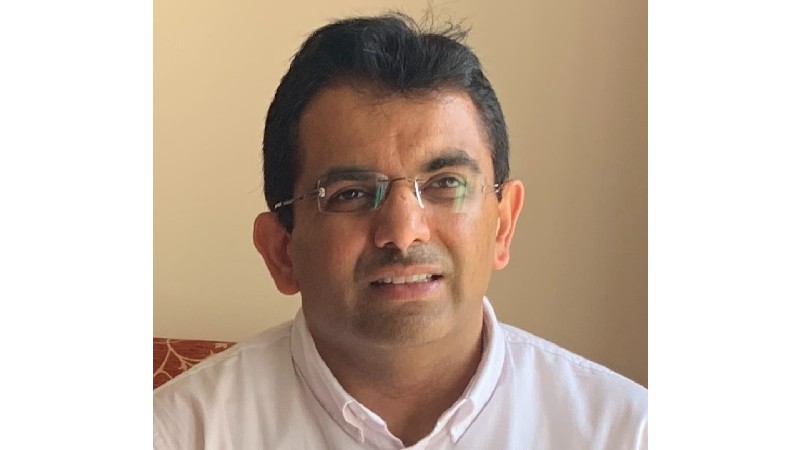Oxford Brookes Professor contributes to UK Parliament report on indoor air quality

A professor from Oxford Brookes University has contributed to a new research briefing for the UK Parliament examining how indoor air pollutants affect people’s health.
Rajat Gupta is Professor of Sustainable Architecture and Climate Change at Oxford Brookes University, and has extensive expertise in indoor air quality, and low carbon and sustainable solutions for buildings, such as heat pumps and fabric retrofits.
Professor Gupta is Director of the Oxford Institute for Sustainable Development (OISD) and Low Carbon Building Research Group.
His research now forms part of a report published by The Parliamentary Office of Science and Technology (POST) which produces independent, balanced analysis of public policy issues related to science and technology.
The report outlines the current knowledge about indoor air pollutants and their impacts on health, as well as current research to address knowledge gaps, relevant legislation and opportunities to improve indoor air quality. The report will be used by Parliament to inform future policies.
Prof Gupta said: “There has been a lot of focus on outdoor pollutants and how they affect people’s health. But the fact is that people spend between 80-90% of their time indoors, such as being in their home, workplace, school, and public places.
“Building materials, cooking and heating appliances, damp issues, and the land on which buildings are standing can all affect indoor air quality. In addition, the infiltration of air from outdoors can affect the air inside. Potential consequences of poor indoor air quality include respiratory illness, cognitive impairment and certain cancers.”
Professor Gupta, who recently won the ‘Best Paper Award’ at the international Sustainable Ecological Engineering Design for Society (SEEDS) conference, for a £3m Government funded research project into whole house energy retrofits in UK social housing, has also submitted written evidence to the UK Parliament following a request for expertise in heat resilience and sustainable cooling.
Together with his colleague Matt Gregg, a Senior Research Fellow, Professor Gupta submitted written evidence which details factors such as heat related illnesses and conditions, what adaptation strategies can be implemented to minimise the risk of overheating, and how to protect the most vulnerable from extreme heat.
Professor Gupta added: “Our written submission shows that there is a relationship between heat and human health. Adaptation strategies in buildings such as shading, ventilation, reflective surfaces and thermal mass can be implemented in such a way as to minimise overheating, and reduce energy consumption.”
